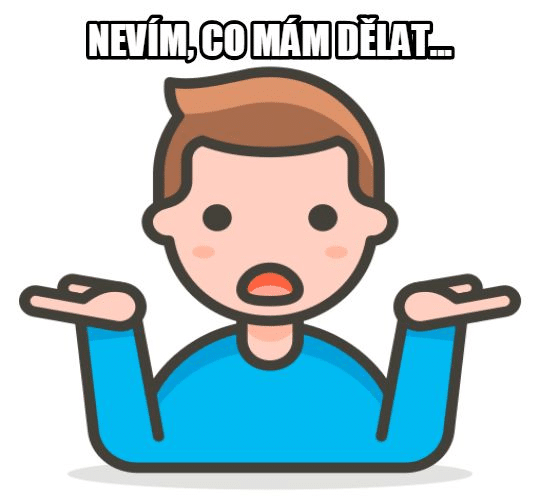4.5 – saying 'should' — the verb mít
|
|
|
We are going to talk about what people should do in various situations. So how do we say should in Czech? It turns out you already know the forms, we’ve just been using them for something else:
mít ‘should’ / ‘supposed to’
|
(já) |
mám ‘I should’ / ‘am supposed to’ |
(my) |
máme ‘we should’ / ‘are supposed to’ |
|
(ty) |
máš ‘you should’ / ‘are supposed to’ |
(vy) |
máte ‘you all should’/ ‘are supposed to’
‘you (formal) should’ / ‘are supposed to’ |
|
(on/ona/ono) |
má ‘he/she/it should’ / ‘is supposed to’ |
(oni/ony/ona) |
mají ‘they should’ / ‘are supposed to’ |
As you can see here, these are just forms of the verb mít ‘to have’[1]. These forms are followed by the infinitive (just like moct ‘to be able’). When they are used this way
|
Lidé mají spát sedm až osm hodin každý den. People should (are supposed to) sleep seven to eight hours every day. |
Nevím, co mám studovat. I don’t know what I should (am supposed to) study. |
|
Kolik vody mám pít každý den? How much water should I (am I supposed to) drink every day? |
Ty děti mají uklízet pokoj, když je tam nepořádek. The children should (are supposed to) clean the room when it’s messy. |
Images used in this document come from these sources.
[1] be careful with this though, because mít in Czech does not mean ‘have to’, which is instead muset ‘must, have to’. The verb mít ‘should’ expresses a milder sort of obligation, i.e. what you should do.





